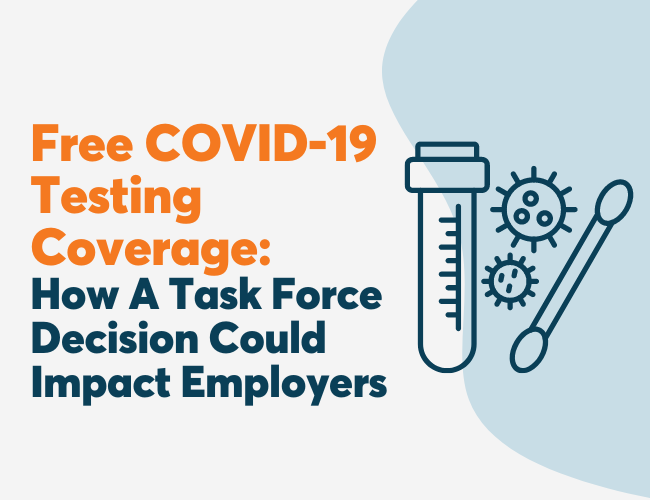In July 2019, a class action lawsuit was filed against Yale University for the structure of its employee wellness program, Health Expectations. The high-profile settlement, which is still subject to court approval, is likely to have a lasting impact on the use of incentives to encourage employees to share health information.
Before diving into the terms of the settlement, it is helpful to review the nature of the case as well as the shifting landscape and rulings that occurred before and during the lawsuit.
Kwesell v. Yale University
Like most wellness programs, Yale offers incentives to participants for certain activities, such as getting an annual checkup or specific medical screening. The program was described as voluntary for the university’s 5,000 union workers, but employees who chose not to participate were charged $25 a week, the equivalent of $1,300 per year.
The plaintiffs said the program was not voluntary because it included punishment for non-participation. Given the size of the penalty and the average compensation for many union employees, the “voluntary” program was mandatory for all intents and purposes. Since employees had to share information from medical exams and personal health assessments with multiple wellness vendors, the suit alleged that that program violated two federal laws that protect employee privacy, the Americans with Disabilities Act (ADA) and Genetic Information Nondiscrimination Act (GINA).
It is important to note that Yale is not the only employer who had a lawsuit filed against it for an employee wellness program. Similar suits have been filed across the country, including cases from government agencies against employers.
Regulatory Environment
Prior to the Yale lawsuit, a ruling from the U.S. District Court for the District of Columbia vacated the original U.S. Equal Employment Opportunity Commission (EEOC) guidance. The ruling argued that the EEOC did not explain the reasoning behind wellness plan compliance obligations with respect to the ADA and GINA. As a result, the EEOC had to reconsider the two regulations surrounding employer-sponsored wellness programs.
On January 7, 2021, the EEOC released the proposed language revising the wellness incentive rules under the ADA and GINA. Before the updated rules had been approved, the Biden administration withdrew the regulations from publication in the Federal Register. The EEOC subsequently confirmed the rules “have been withdrawn from the Office of the Federal Register and removed from the EEOC’s website.”
The new rules, which are expected to be released in 2022, will likely draw a hard line that clinical programs (wellness programs that require employees to disclose clinical or protected health information) must remain voluntary. This means that worksite wellness programs that offer incentives or apply penalties to employees to encourage the completion of biometric screenings, health risk assessments, and other initiatives requiring them to share health information will be in violation.
Fortunately, these programs (biometric screenings and health risk assessments, in particular) offer little value, as has been identified through several studies. With the new ruling, employers will likely accelerate their migration away from these programs (according to a number of reports, this is already occurring but not as quickly as one would expect).
Some employers may choose to comply by keeping their biometric screening and health risk assessments in place and offering an alternative for these programs. Wellness expert Al Lewis describes how this works on a Whiteboard Wednesday session. He gives this example: if an employee can accumulate 100 points by participating in clinical assessments, companies should also offer several non-clinical programs employees can participate instead, such as Wellable and wellness challenges. The key is that the non-clinical options must add up to the 100 as well, so the employee has an equal opportunity to meet the incentive without being forced to share their personal health information.
Settlement
Under terms of the settlement, Yale will continue to offer their employee wellness program but will not charge opt-out fees for four years. The university will also change its practices regarding the transfer of health data in connection with the program and pay $1.29 million, to be distributed among employees covered by the wellness program and to cover attorneys’ fees and costs.
As the new rules become finalized and the pressure from settlements like Yale’s continue to arise, employers serving as defendants in lawsuits will likely choose to settle as well and adapt their programs accordingly. The winner in these outcomes is everyone. Employees get a fairer, better wellness program, and employers take an important step toward a more effective employee wellness initiative.












